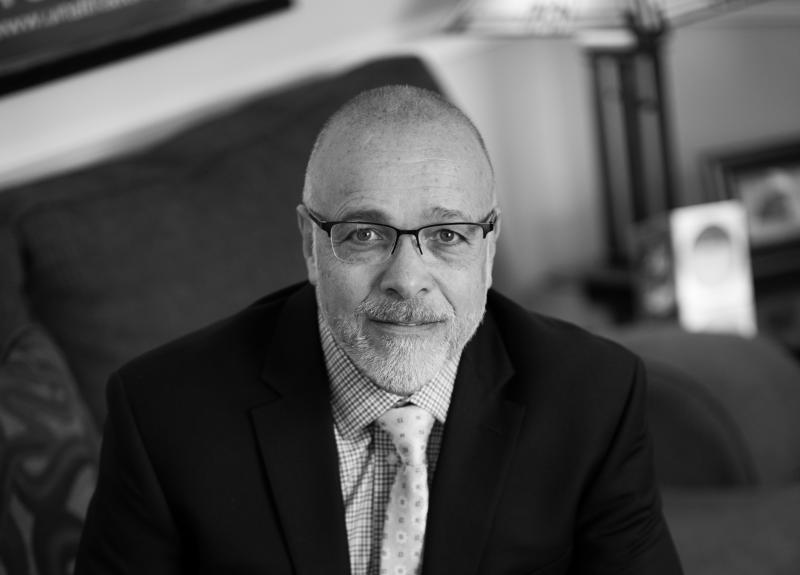
7 Questions with Steve Vancore
Steve Vancore is a political consultant and researcher. He is the founding partner at VancoreJones Communications, a political consulting firm that works on legislative communications, public relations, and political campaigns from local races to statewide races. He is also the president of Clearview Research, which focuses on polling and focus group research, and teaches in the Masters of Applied American Politics and Policy program at Florida State University.
1. How’d you get started in politics?
I had never voted or cared much about politics until, at the age of 25, I was hired by a very large statewide association as their Demographer. I was the in-house computer nerd. I learned from the ground up, literally plugging in phone lines and running phone banks and a polling center, and then building the first statewide voter file from the 67 large reel data tapes and a university supercomputer.
2. What makes politics and campaigning in Florida different?
Florida is diverse and always changing. We are a migratory destination state and people come from an amazing array of places…from New York, Ohio, of course most of the Northeast, but also from South and Central America as well as Puerto Rico. Just keeping up with those changes can be a full-time job. Oh, and did I mention Haiti and Cuba?
3. What is one mistake political professionals make when reading polling?
Only one? Well, the biggest is the assumption that a snapshot in time is the final result. If we applied that concept to football, Tom Brady would likely be known just as a great quarterback. They also fail to ensure that the poll was properly modeled – consultants need to grill their pollsters more. (Ok, I know that was two!)
4. You have spoken about the Salt Shaker test in determining the validity of polls. Can you explain the Salt Shaker test and how you use it in your work?
We believe in robust modeling. Too many publicly pushed polls are not modeled well and they either have poor techniques or have a sample that simply does not look like the likely voting population. We began those tests as a way to help consumers gauge the validity or reliability of those polls. We review the poll and try to determine if it meets the basic elements of a valid/reliable poll…does the sample look like the likely voting universe? How was the universe created? What is the sample size? Were likely voters randomly chosen (good) or did they opt in (bad)? We looked at polls that were published and had 10-percentage points more Democrats voting than there were in past elections…it was crazy.
We stopped doing it, honestly, because we simply ran out of bandwidth.
5. How has Florida’s politics changed since you’ve been involved and what do you think are the biggest changes coming as we head into 2018?
When I began, we had this concept known as “Election Day” where most voters cast a ballot on a specific day. Now elections are a month-long process – heck last year we were sending mail before July 4th! Couple that with the reality that media is a fractured business and audiences are more diverse in their media consumption than ever before.
6. How likely is a 2018 Democratic takeover? Based on your experience, what should Democrats consider in shaping their 2018 campaign strategy?
Of the Florida House or Senate – not going to happen. There simply are not enough swing seats on the table. The Democrats have a reasonable chance of winning the Governor’s mansion and, if national trade winds blow hard enough, a few cabinet seats. Additionally, we can/should pick up a few Congressional seats and hold the U.S. Senate seat currently held by Bill Nelson.
7. What are the most common campaign strategy mistakes?
Candidates and consultants thinking they know better than voters. Follow your pollster’s counsel! The second most common mistake is to let people on the campaign who simply don’t know what they are doing start to call the shots and erode the over-arching campaign plan.
Bonus question:
Have you read anything interesting lately that sheds light on the American electorate? I am reading Tim Wu’s Attention Merchants and it is an excellent narrative in how and why people consume certain media. I teach a course in Media Selection and Application in an FSU Master’s Program and thought this would be great fodder for the class (it is), but his narrative on changing media and consumer behavior is fascinating.
A big thanks to Steve Vancore for answering our 7 questions this week!